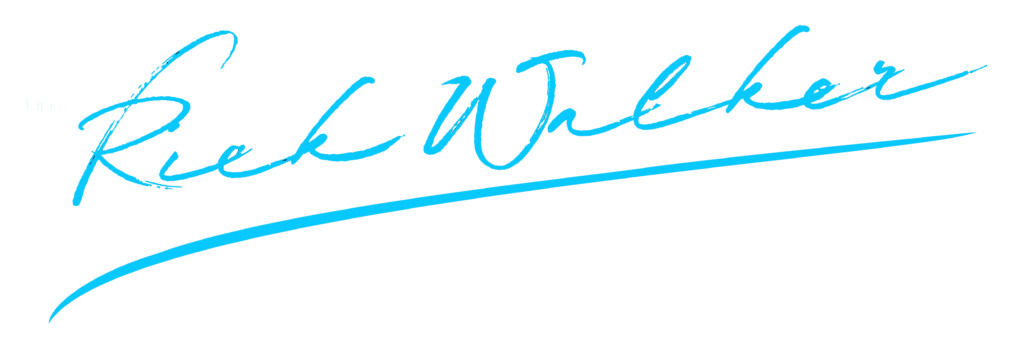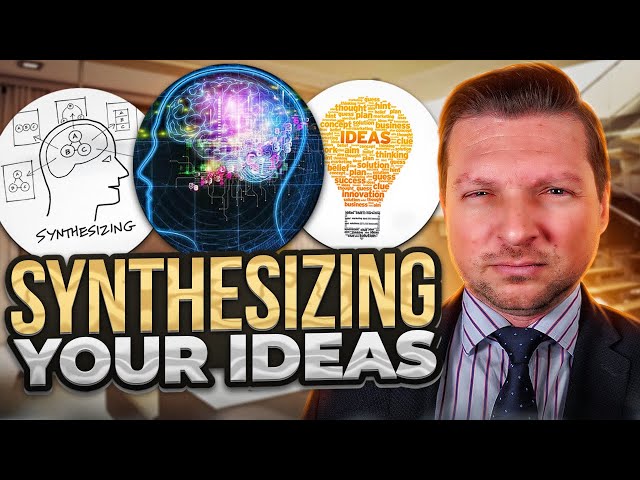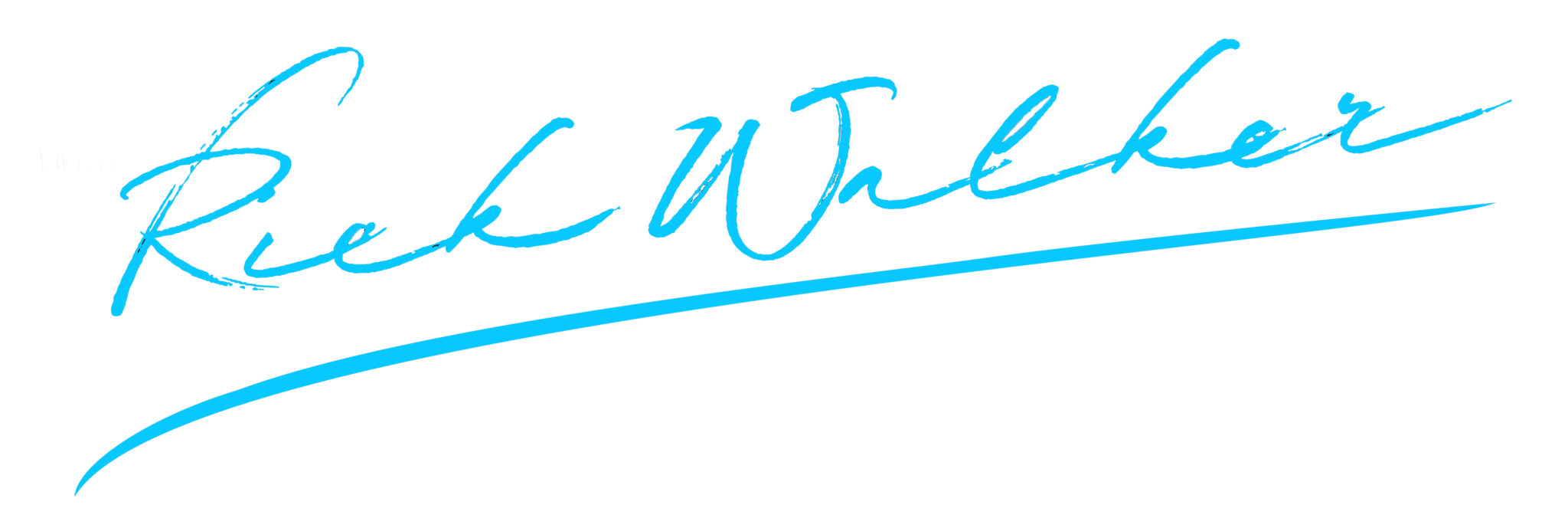Rick emphasizes the critical skill of synthesizing information across various domains to deepen understanding and foster growth. By weaving together insights from art, literature, science, philosophy, and history, one can form a comprehensive understanding of reality. He offers a structured approach to integrate knowledge from different fields, enhancing one’s ability to innovate and think critically.
Takeaways
- 🔗 Synthesis of Change and Continuity: Growth involves synthesizing change with continuity, integrating new ideas with established knowledge.
- 🎨 Cross-Domain Learning: Understanding how domains like art, literature, and science intersect enriches one’s perspective.
- 📝 Five-Step Synthesis Model: Rick proposes a structured approach to synthesis, involving organizing sources, outlining structures, making inferences, defending and reverse-engineering the thesis, and connecting ideas to a broader framework.
- 🖼️ Framework for Understanding: A central framework helps in aligning insights from different domains, suggesting the importance of a meta-narrative to tie these insights together.
- 📚 Importance of Historical Context: Recognizing the historical and thematic context of sources enriches the synthesis process.
- 💡 Inference and Corroboration: Drawing inferences across domains and corroborating ideas is essential for a holistic understanding.
- 🌐 Meta-Narrative Connection: Connecting diverse ideas to a larger, overarching narrative or framework facilitates deeper insights.
Summary
- Rick introduces the concept of synthesizing knowledge across different fields as a means to foster intellectual growth.
- He emphasizes the importance of continuity in integrating new ideas with existing knowledge.
- A five-step model is presented to guide individuals on how to effectively synthesize information across various domains, highlighting the need for a structured approach.
- The discussion underscores the value of historical and thematic context in understanding and integrating knowledge from different sources.
- Rick encourages the use of a meta-narrative or overarching framework to connect diverse ideas, enhancing the synthesis process and offering a comprehensive view of reality.
- The talk concludes with a call to read and study across a wide range of domains and time periods, advocating for the inclusion of ancient texts in one’s reading list to ensure the consumption of time-tested knowledge.


